🧠 5 brilliant career tips
One of the best parts of writing this newsletter is getting to learn how people have managed challenges during their careers. Their resilience, creativity and sheer gutsiness is inspiring. The best part is, anyone can learn to take control of their career. Seeing examples like these help us understand what’s possible.
As I just published my 100th post ( 🎉!), I wanted to celebrate by highlighting five excellent pieces of advice from some of the professionals I’ve interviewed for this project, focusing specifically on:
- Managing burnout
- Crafting a compelling career story
- Defining yourself
💬 Do you have any pieces of advice to share for navigating careers? I’d love to hear them in the comments!
1. Saying “Yes” (with a *) to avoid burnout
After Ken Schneck burned out in his role in academia, he learned to recognize the signs that he was taking on too much.
“I was saying yes to everything, and I didn't care what I was saying yes to.
“I was taught by someone to say yes to everything. ‘You never know where it's going to lead.’
“There's an asterisk there. Yes, say yes to everything that's on brand for you. But if you don't know what your narrative thread is, if you don't know what your brand is, you are going to burn out.”
Learn more:
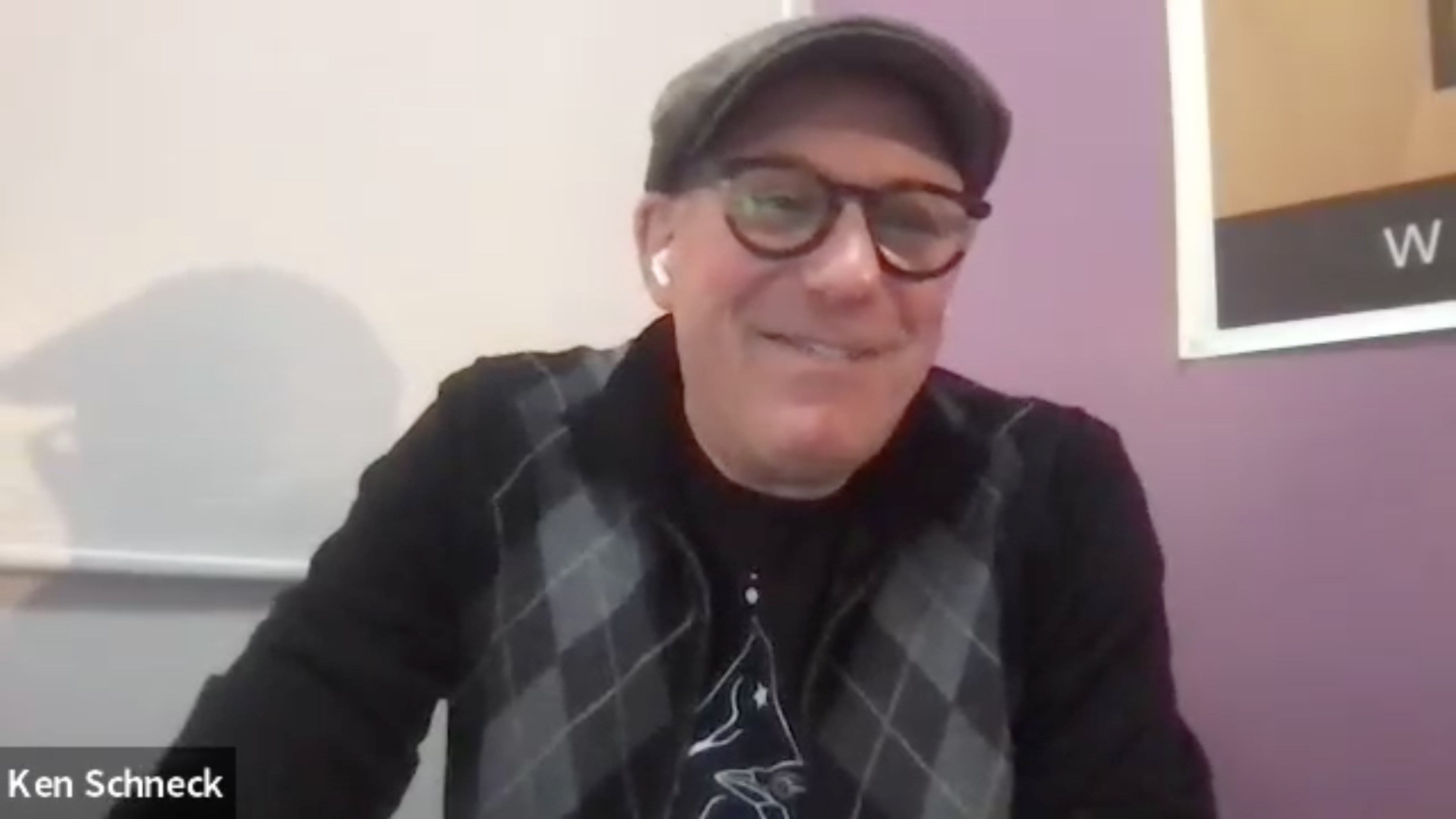
2. Connect to recover from burnout
When we’re burned out, Sam Ragland of the American Press Institute said, we pull away from others to try to protect ourselves (🔌: Don’t miss our Community Call on burnout this Wednesday). But that doesn’t actually work. Connection, as explained by Dr. Bruce Perry in What Happened To You?, has the power to counterbalance adversity.
Colleagues are some of the most important relationships you have, Ragland noted — “they’re the safety net that protects you in the midst of the news cycle.” It’s crucial to prioritize connections.
“When I was burned out, I just remember disengaging. And I think that that is the default for most people. They get burned out and they think ‘If I could just rest, if I could just rest I would feel better.’ But that’s not true because burnout hits us all differently. And so I needed to know that my burnout existed across a few different parameters, that it wasn’t just exhaustion. And that meant that I needed to prioritize the things that got me closer to who I was and refilled me on a regular basis.”
Learn more:

Community Call this week: 🔥 Burnout 🔥
Supporting subscribers: Don’t miss our upcoming Career River Community Call, where we’ll discuss recognizing, responding to, and recovering from burnout. This call will be at noon ET/9 a.m. PT this Wednesday, July 16.
As a supporting subscriber, you can register for this call series and join anytime you can. I’ll record my comments for registrants, but the Q&A discussion will not be recorded.
3. Show hiring managers how you could fit in
The most important thing when you’re looking to move into a new role, said Laura Krantz McNeill, is to tell a really good story. Krantz McNeill, who moved from reporting into product work, said to act like a reporter and interview people who already have the job you want. Ask them:
- What do you do all day?
- What are the skills like?
- What tasks are on your calendar?
- What skills makes you successful?
- What challenges are the things that you're trying to solve?
Even if you find 80% of your current role isn’t relevant to the new job, she said, focus on the 20% that is.
“People will love to talk about their work and you can listen to the words that they use — the phrasing, the jargon, the positioning — and use them. Figure out how to frame your past experiences in the language of where you want to go, and make it easy for the hiring manager to see how you could fit in.”
Learn more:
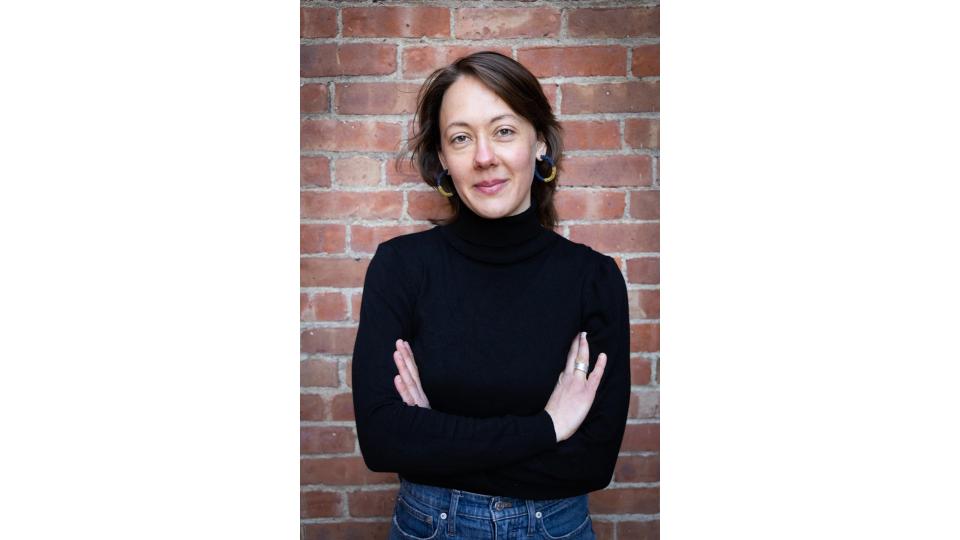
4. Define yourself by who, not what
Midwife Kristine Lauria steadily worked for years toward her goal of joining Doctors Without Borders, sticking it out in a job that, frankly, she no longer wanted to do.
When I asked her what advice she would give to people who might want to pivot but can’t necessarily leave their industry, she said to imagine where you might like to go and what it might take to get there, and find ways to move forward slowly.
With creativity, you can do your own version of the work that interests you.
“I made a concerted effort very early on to not define myself by my career,” she said. “I saw people who had to leave because of one reason or another. And it just crushed them, and it's because their whole identity is wrapped up in it.”
“Don't define yourself by what you do,” she said, “just by who you are.”
Learn more:
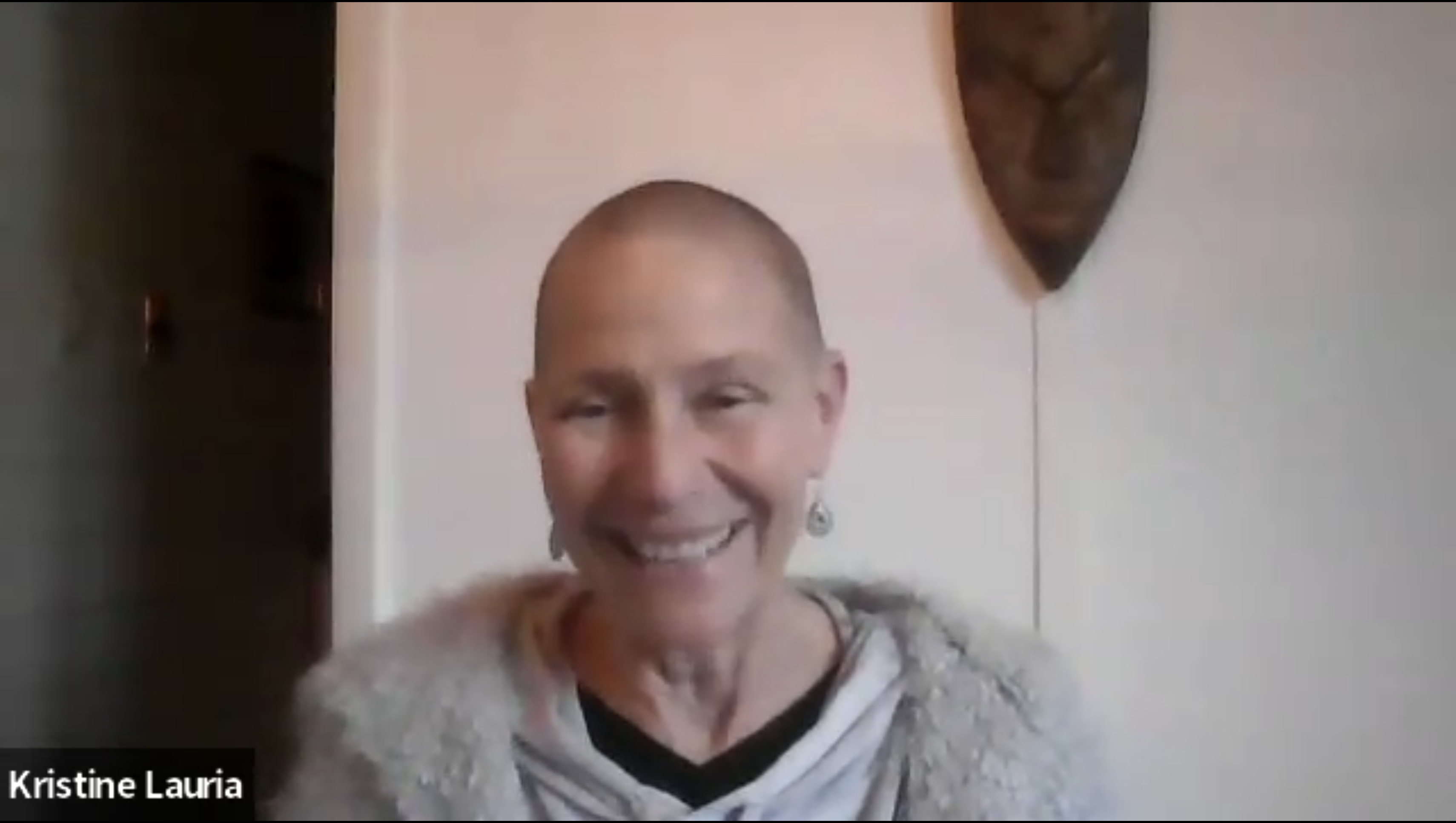
5. Uncertainty can be OK
As Neil Golden moved his way up the ranks at McDonald’s USA over nearly 25 years, he told me he was never pursuing a specific title, but following opportunities as they emerged. When he left the company and needed to figure out what would be next, he was concerned that he’d only be perceived as a “fast food guy.” He didn’t want to be defined by someone else, and instead learned how others had approached transitions. That allowed him to find a new role, which met all his criteria for what he wanted to do, even though it wasn’t what he had expected.
“Your career will always make sense in retrospect.
“It’s OK to have a little uncertainty in your career, it’s OK to move from one category to the next. It’s up to you, however, to make it connect.”
Learn more:
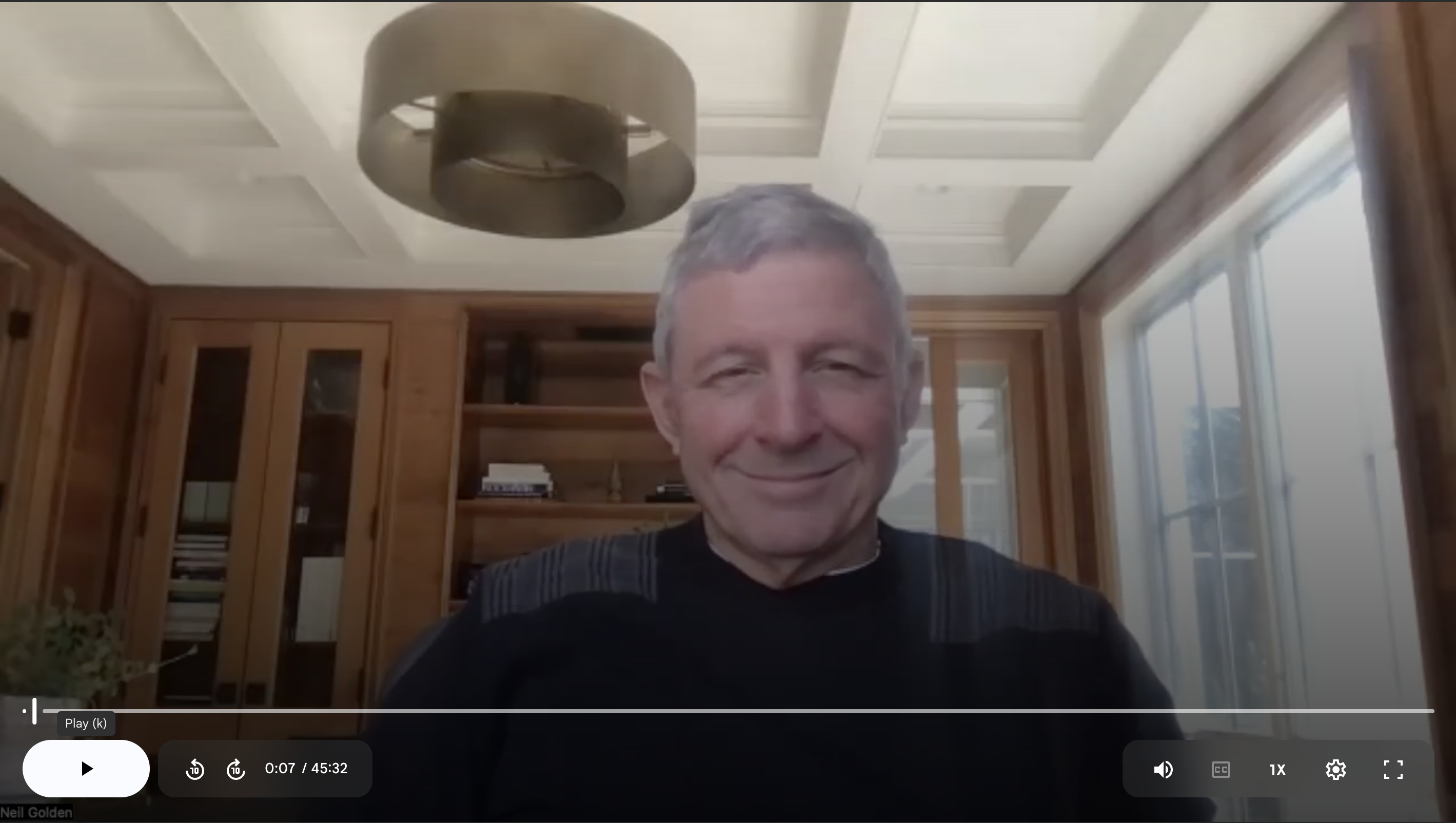
Happy navigating,
Bridget
More to explore: View the full Navigator Q&A archive here.
🌎 Career River in the World: SRCCON 2025
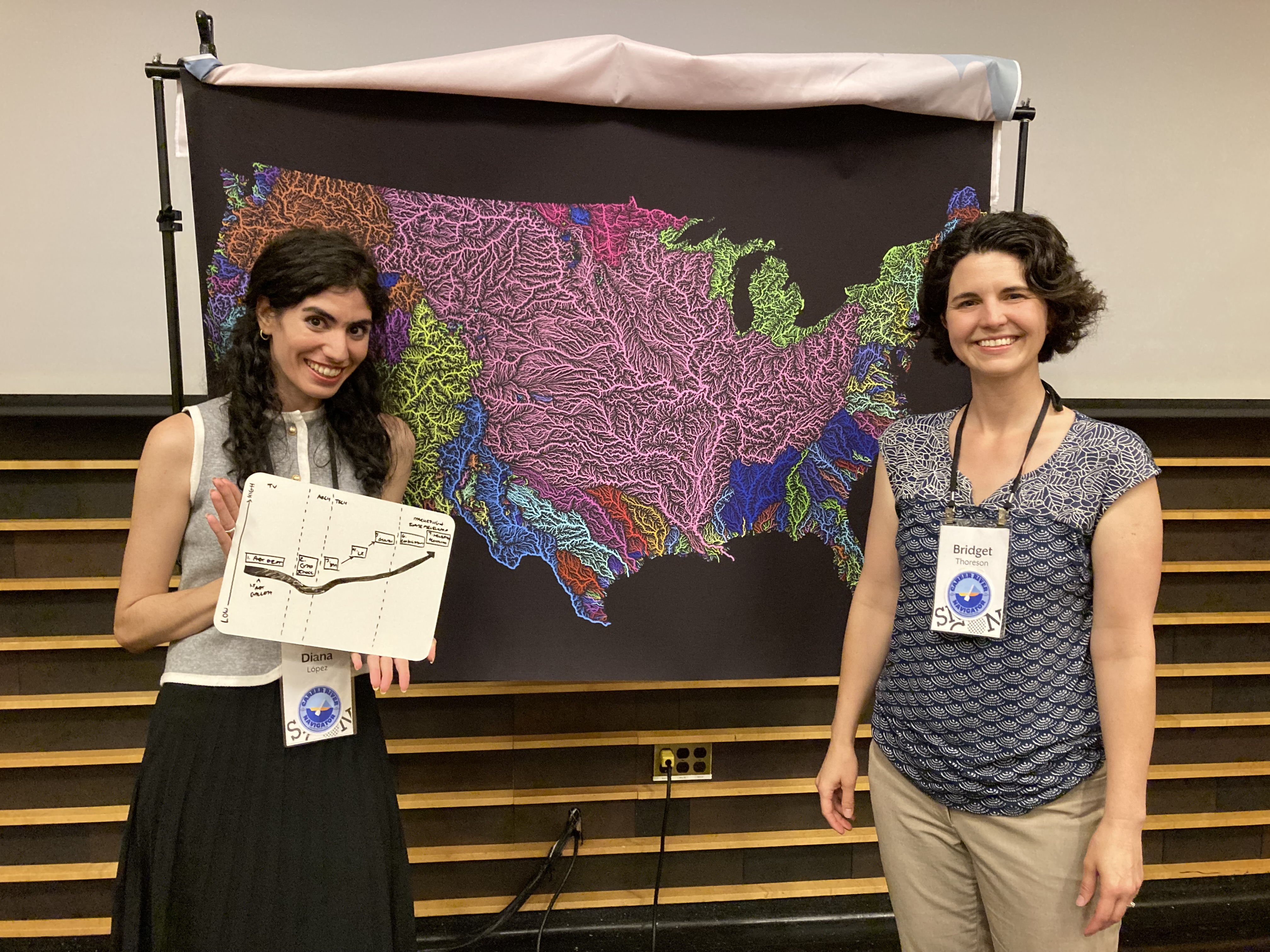
Yes, I’d like weekly career advice and inspiration in my inbox!





Member discussion